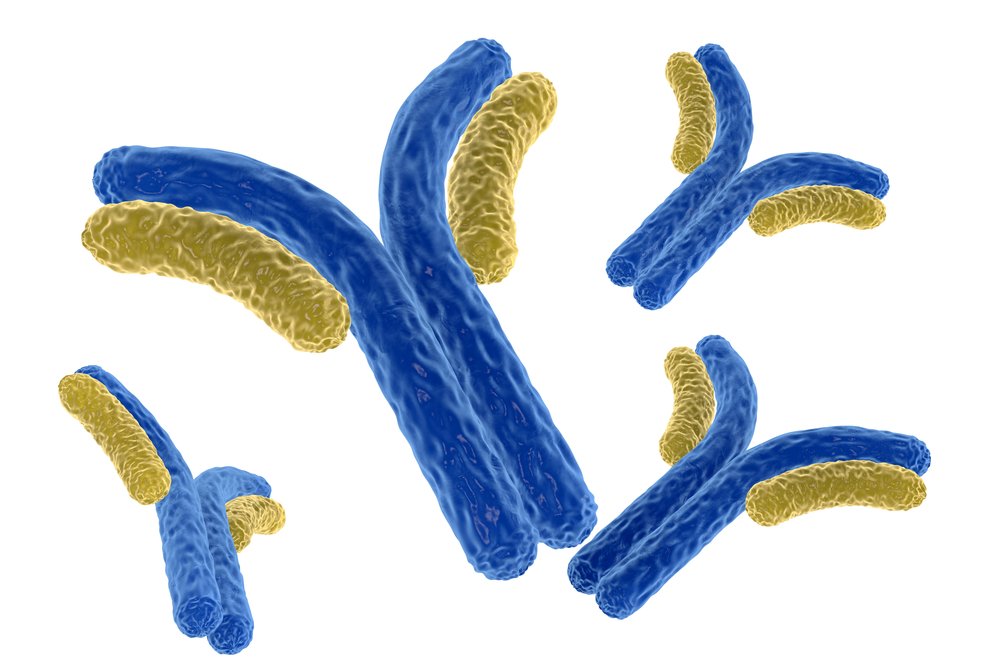ProMIS Neurosciences Antibodies Inhibit Accumulation of Alzheimer’s-linked Protein, Study Shows

Antibodies that ProMIS Neurosciences created to target molecules associated with Alzheimer’s inhibit the accumulation of the amyloid beta protein that is a hallmark of the disease.
The company’s researchers used two computer algorithms, ProMI and Collective Coordinates, to predict amyloid beta misfolding and five disease-specific targets for antibodies, according to a presentation at a conference in Vienna. Misfolding leads to faulty versions of the protein accumulating in the brain, which scientists believe is a key cause of Alzheimer’s.
Ebrima Gibbs of ProMIS presented the study’s findings in a poster session at the 13th International Conference on Alzheimer’s and Parkinson’s diseases. The session was titled “Rational Generation Of Aβ Oligomer-Specific Antibodies Through Computational Identification Of Conformational Epitopes.”
After the researchers identified the antibody targets, they created the antibodies to use against them, Gibbs said. Administering the antibodies to neurons in a laboratory led to amyloid beta proteins clumping together. This aggregating inhibited its accumulation, promoting neuron protection and survival, the team said.
The antibodies prompted amyloid beta to clump together in samples of brain tissue and cerebrospinal fluid from Alzheimer’s patients as well. The antibodies did not react against single units of amyloid beta, which are known as monomers, or in amyloid beta plaque, formations of the protein that are seen in advanced stages of the disease.
“Results presented at the 13th International AD/PD conference confirmed ProMIS monoclonal antibodies (mAbs) selectively target five distinct [targets] on misfolded strains of toxic Amyloid beta (Aβ), without targeting [amyloid beta] monomer or plaque,” Elliot Goldstein, president and CEO of ProMIS, said in a news release.
“Prior [Alzheimer’s disease] clinical trials with mAbs targeting monomer (e.g. solanezumab) have been ineffective, due to target distraction, whereas mAbs targeting plaque (e.g. aducanumab) are associated with the dose limiting toxicity of brain swelling,” he added. “By specifically targeting only the toxic forms of Aβ, we anticipate ProMIS mAbs will demonstrate a best in class product profile with respect to both efficacy and tolerabilty.”
ProMIS also made a conference presentation on a preclinical study of its lead monoclonal antibody, PMN310. The research showed that PMN310 improved cognitive function in an animal model with short-term memory deficits — that is, difficulty forming new memories.






